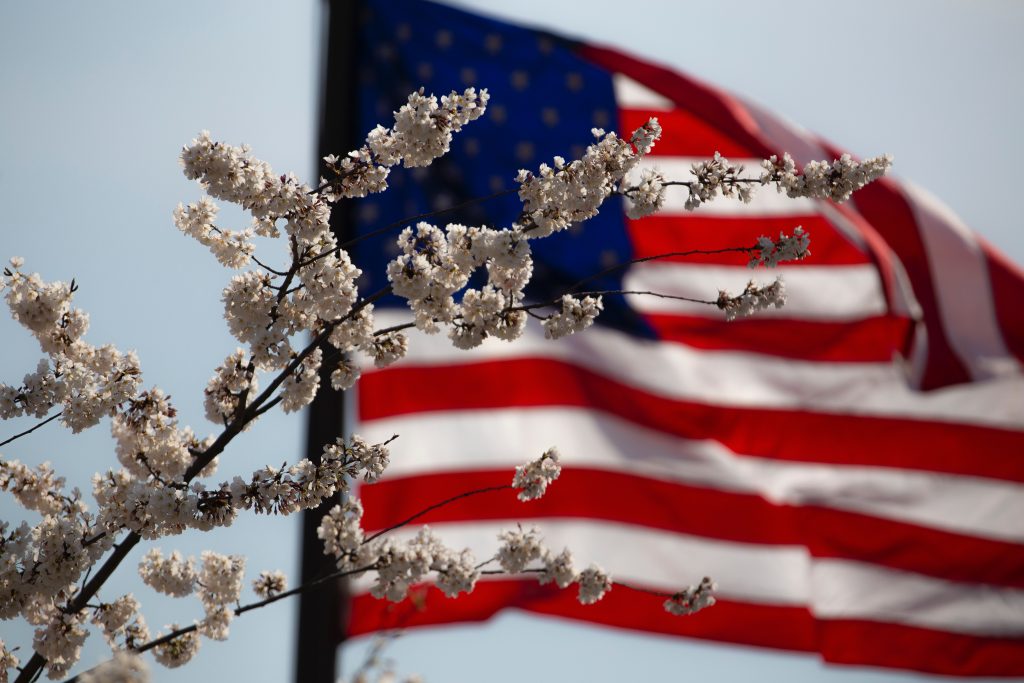I recently spoke with someone who told me that he works at a “trauma-informed” secondary school. This made me think about diversity and inclusion and my own trauma as a lawyer with a disability.
Arguably, we must help our fellow formerly marginalized leaders address this trauma through partnership and through more understanding. Local, state and federal agencies require diverse groups of leaders and thinkers in their halls of decision-making authority or power.
From a policy perspective, we must evolve beyond executive orders and big statements around hiring targeted disabilities. Instead, we need to focus on taking “real” action by employing leaders with disabilities at higher levels in agencies.
I know personally and professionally the impact of observing a person “who looks like us” and the dearth of these icons with disabilities at high levels of public service to shape the idea of that which is possible.
The need for icons
A dearth of icons with whom to identify may perpetuate trauma from bias and stupidity and, as such, barriers to service. For instance, I recall my “graduation” from the Presidential Management Fellowship (PMF). How many service animal handlers walked across the stage? As memory serves, my guide dog Langer and I solely walked across that stage.
I recall the influence a local councilwoman with a disability played in my life from secondary school throughout most of my early public service career as a PMF and then beyond. I also recall my first disability identity experience as a lad advocating against a commercial development in my small town in Ohio, where a biased female mayor told my dad I could never serve because I am blind.
Without other icons to pave the way, any legitimacy obtained in the face of bias and utter stupidity related to disability inclusion can arguably be a challenge to sustain. As such, it is critical to find and nurture emerging leaders with disabilities or, in other words, more persons who look like us. Given this, brokering leaders, who share a common experience, matters greatly.
As the first board chair with a service animal at the Maryland Commission on Civil Rights, I often reflect on the balance to strike between representing all the citizens of Maryland while also educating people and sharing my experience – talking about both the benefits and challenges around inclusion.
As a public policy leader and a person who happens to be blind, I am proud that for the first time, the board has a majority of women members and a visible plurality of members with disabilities. While I know firsthand the bias and discrimination they might face, I am committed to ensuring that our governing bodies reflect the diversity of our country.
The importance of mentors
On an individual level, many wonderful leaders have influenced me and showed me that public service was possible.
In my small village in Medina County, Ohio, I was mentored by a councilwoman, who had multiple sclerosis and was mobility-impaired, and her non-disabled husband, the county commissioner. She lived longer than expected but not long enough to observe my burgeoning public service career.
In the same vein, my grammar school principal and my military father and uncles taught me that, regardless of my disability, it is my duty to serve others. Yet, so much work remains.
More to come
I look forward to serving as part of a panel held by the Office of Personnel Management on June 24, 2021. We will discuss diversity, equity and inclusion and the idea of how we all need to be allies. I also look forward to another class of great young public servants graduating at the end of June the next day. I understand that the Presidential Management Alumni Association will hold a virtual social reception for the PMF community.
In conclusion, this serves as a call to action for us to help the formerly marginalized confront past trauma and dedicate themselves to a fruitful public life of service to others. Eliminating barriers proves no easy feat. Then, again, in the words of the English Bard, heavy is the brow that wears the crown.
Mr. Norman, a lawyer, emerging journalist and consensus-builder, received the Administrator’s Award at the Centers for Medicare & Medicaid Services in 2020 for his work on healthcare accessibility and quality policy related to people with disabilities. In November 2019, Mr. Norman served as a Fellow at the invite-only Public Policy Conflict Resolution Fellowship. In 2015, he served as a Visiting Fellow at the non-partisan Robert J. Dole Institute for Politics. He established a multi-year, non-partisan symposium on animal law and policy, brokering regional or even national experts together. The dog or dogs of Mr. Norman are usually nearby chewing on a bone.
